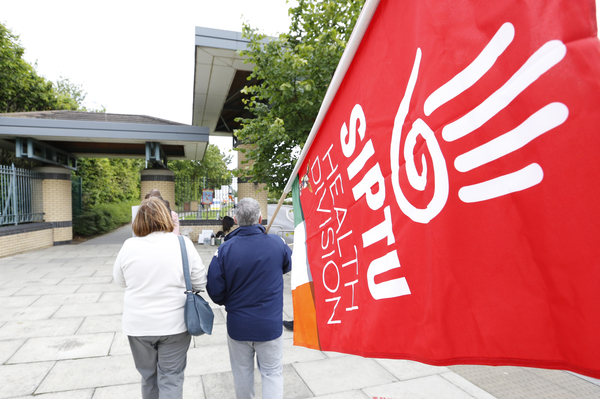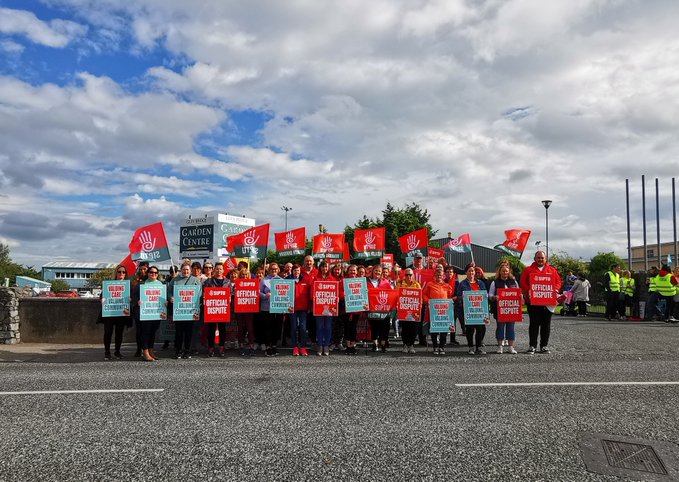Press Statement on behalf of the Staff Panel group of unions of the National Joint Council RE Extension of Recruitment Freeze
The Staff Panel group of unions of the National Joint Council in the Irish Health Service was this morning (Friday) informed of the intention of HSE CEO Mr Bernard Gloster to announce the recruitment embargo on all appointments of staff in the HSE to be extended until the 31st of December 2023.
This follows the extension announced earlier this year for clerical and support grades in the Irish health system. The recruitment embargo will now apply across all grades with the exception of 2023 graduate nurses and consultants.
The Staff Panel group of unions have stated they were not consulted on this extension of the embargo, and that this is in breach of the requirement for proper consultation with the unions in relation to such matters.
The Staff Panel also stated that the effect of this embargo and the freezing of appointments will be to encourage healthcare staff to seek employment abroad.
The group of unions has today requested an urgent meeting with the HSE but state that the HSE has declined to meet with them on this matter. The unions will be consulting with their respective executive councils and members on their response to this announcement.
Kevin Figgis, SIPTU Health Division said
“This decision will cripple departments as they struggle to prepare for the busy winter period. Our members are already carrying deficits due to existing vacancies and to have recruitment come to a sudden stop, without any notice, will render many services unable to meet the growing demand for service over the coming weeks.”
Speaking on this announcement INMO Director of Industrial Relations Albert Murphy said
“This is playing into the hands of other countries such as the UK and Australia who will be only too delighted to offer full time permanent secure jobs to nurses and other healthcare professionals”
Anthony Owens, from the IMO said
“Medical teams all over the country are short staffed and the recruitment freeze on doctors and other healthcare staff will significantly and negatively impact on patient care. We are seriously concerned that this proposal will lead to worsening conditions for patients and doctors which is all the more disastrous as we head into Winter.”
Ashley Connolly, National Secretary, Fórsa said:
“The HSE’s decision to cap all recruitment will have a considerable impact on health service delivery as we enter the winter, a time when more pressure is placed on our health services. In addition, the additional uncertainty will leave Fórsa members considering their futures within the health service.”
Terry Casey, of the MLSA, stated
“This decision will compound the recruitment and retention crisis in laboratories and will severely impact the ability of medical scientists and all healthcare staff to deliver the health services that Irish patients need. At a time when there is global shortage of healthcare staff, the HSE should be striving to be an employer of choice rather than withdrawing offers of employment.”





